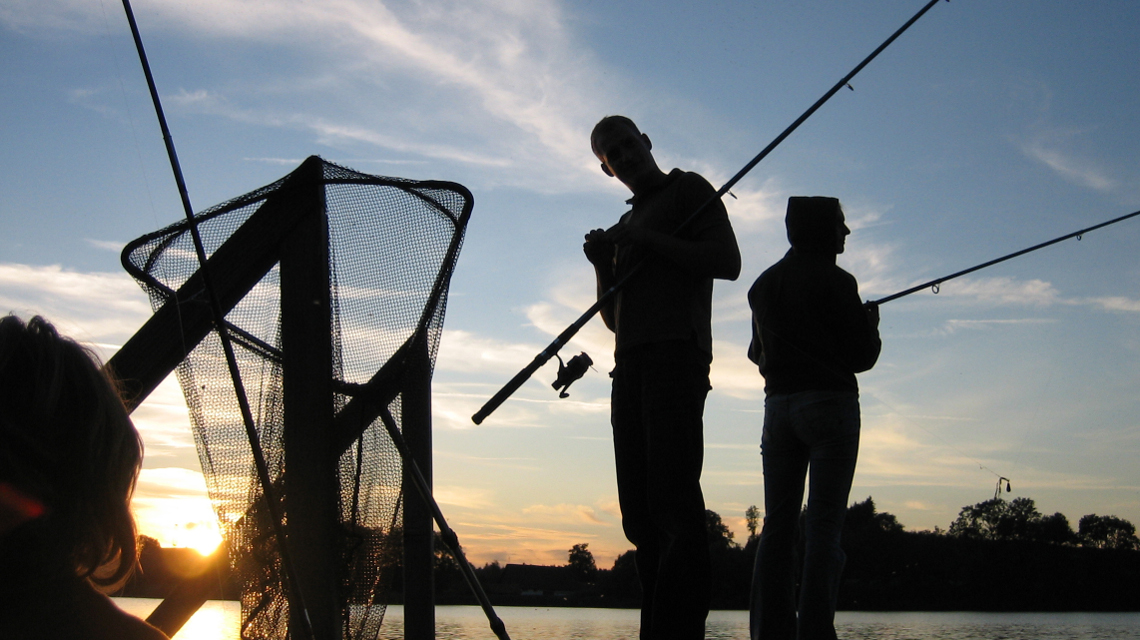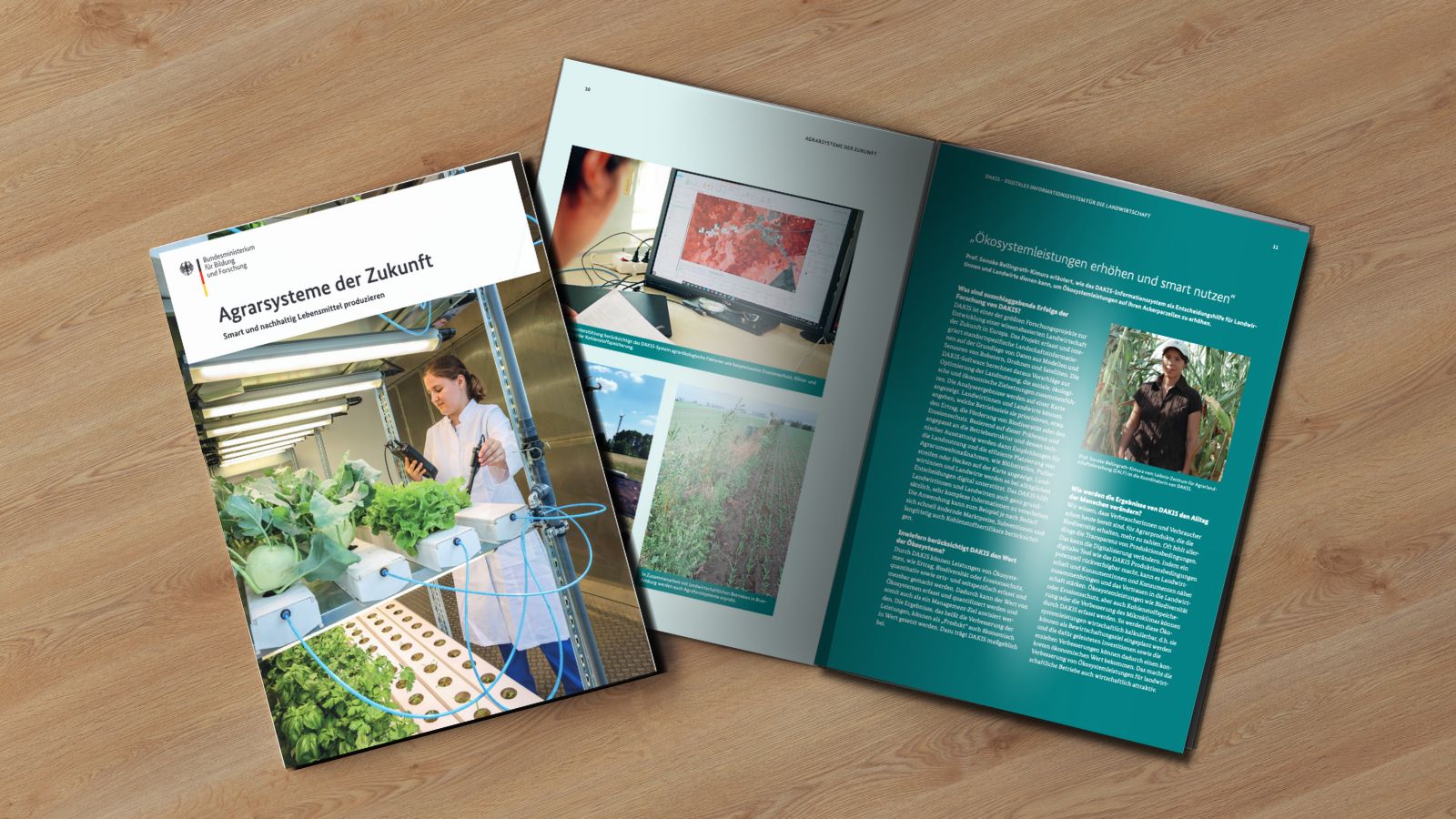Scientists and anglers in the same boat
A participatory ecological experiment involving anglers and scientists has resulted in a more sustainable management of freshwater fisheries ressources.

A plethora of factors is involved in the maintenance of functioning ecosystems. The smallest change in numbers between predators and prey can upset the balance of the entire system. However, even leading researchers in the field of natural resource management cannot predict how natural ecosystems will develop in response to management measures that dynamically interact with natural factors. Therefore the researchers conducted complex and extended field experiments in order to provide insight and answers for a future adaptive environmental management. However, academic knowledge is of little use if it is not combined with applied knowledge with the people who are interacting with a given ecosystem on a regular basis. In a “one-of-a-kind” social-ecological experiment involving dozens of lakes, hundreds of anglers from Lower Saxony, and thousands of stocked fish, biology educationalists from Tübingen University, fisheries scientists from the Berlin Leibniz-Institute of Freshwater Ecology and Inland Fisheries (IGB), and the Humboldt-University Berlin (HU) examined the interaction between anglers, fish, and the ecosystem.
The transdisciplinary approach integrated applied science with a commitment to society. This was the first set-up to provide quantitative evidence that participatory research has a lasting educational effect regarding learned sustainable behaviour. The results of the study that took place across several years were published in the journal “Science Advances”.
Combining theory and practice
The ecological aspect of the experiment involved investigating whether stocked fish become established in their new environment, and to what extent they do so. There are opposing positions, whether this traditional management practice in fisheries may in fact be detrimental to the environment, while many anglers and fisheries managers believe that there is no alternative to fish stocking. This fish-stocking project (besatz-fisch.de) was financed by the German Federal Ministry of Education and Research within the programme on Social-ecological research, and was lead by Robert Arlinghaus at HU.
This long-term ecological experiment was combined with an environmental educational experiment regarding the learning success generated by collaborative research. This aspect was carried out by a small group of social scientists, who collaborated with anglers and fisheries resource managers to plan and evaluate ecological fish stocking experiments in the context of workshops. The measurement of environmental educational success was based on three experimental groups: a placebo group without further education, a group of anglers and fisheries managers trained in science-based knowledge of fish stocking in a lecture format, and a group that was directly involved in the field experiments after having also attended the 4.5-hour seminar on the theory of fish stocking. The training programmes for fisheries officers usually only include theoretical training.
Active participation achieves greater success
“Our study shows that active participation in nature experiments achieves greater educational success than passive listening”, says Christoph Randler at Tübingen University. In other words, theoretical training alone did affect the environmental knowledge of anglers and fisheries managers compared to the placebo group. However, the participatory group achieved the greatest environmental educational effect. Not only was this group able to remember more facts ten months after the programme had ended, there were also changes in their personal standards and basic environmental convictions. This is the first quantitative evidence that intensive cooperation among scientists and practitioners pays off and leaves an educational legacy beyond the realm of science. “It is essential to foster the interfaces between environmental practice and research, so that transdisciplinary research based on well-evaluated field experiments can be used on a large scale”, concluded Arlinghaus.
The results can most likely be transferred to other situations where humans use and shape nature, such as in agriculture or forestry.
jmr

